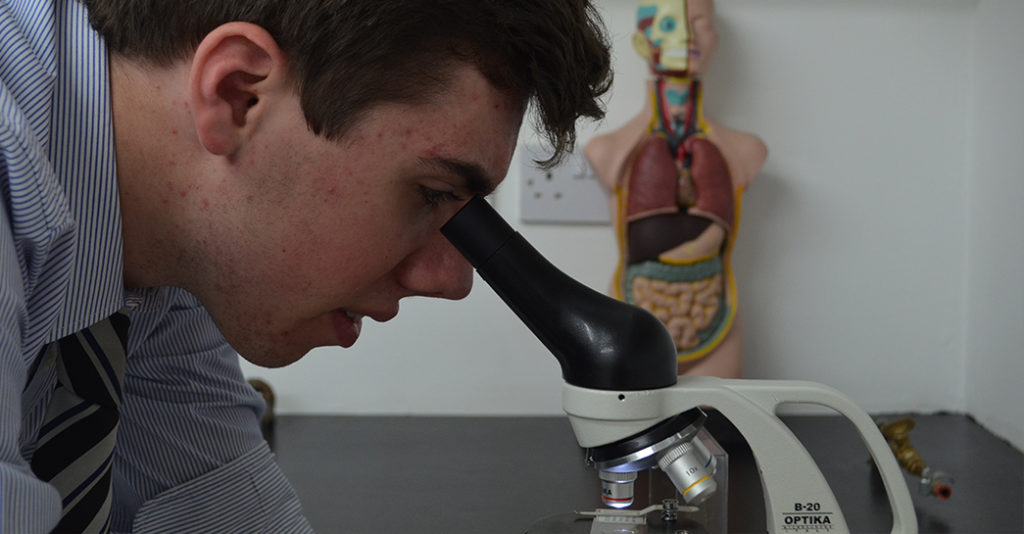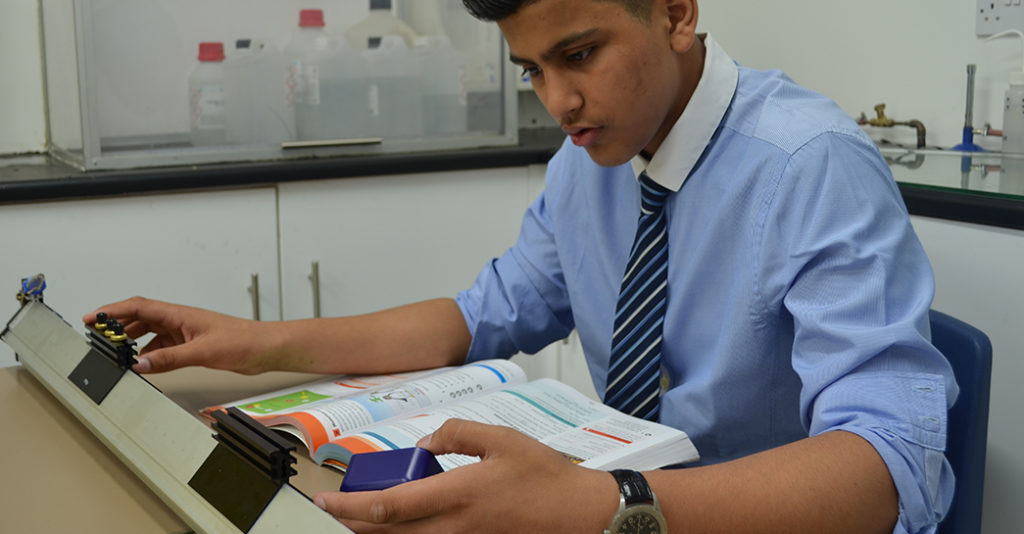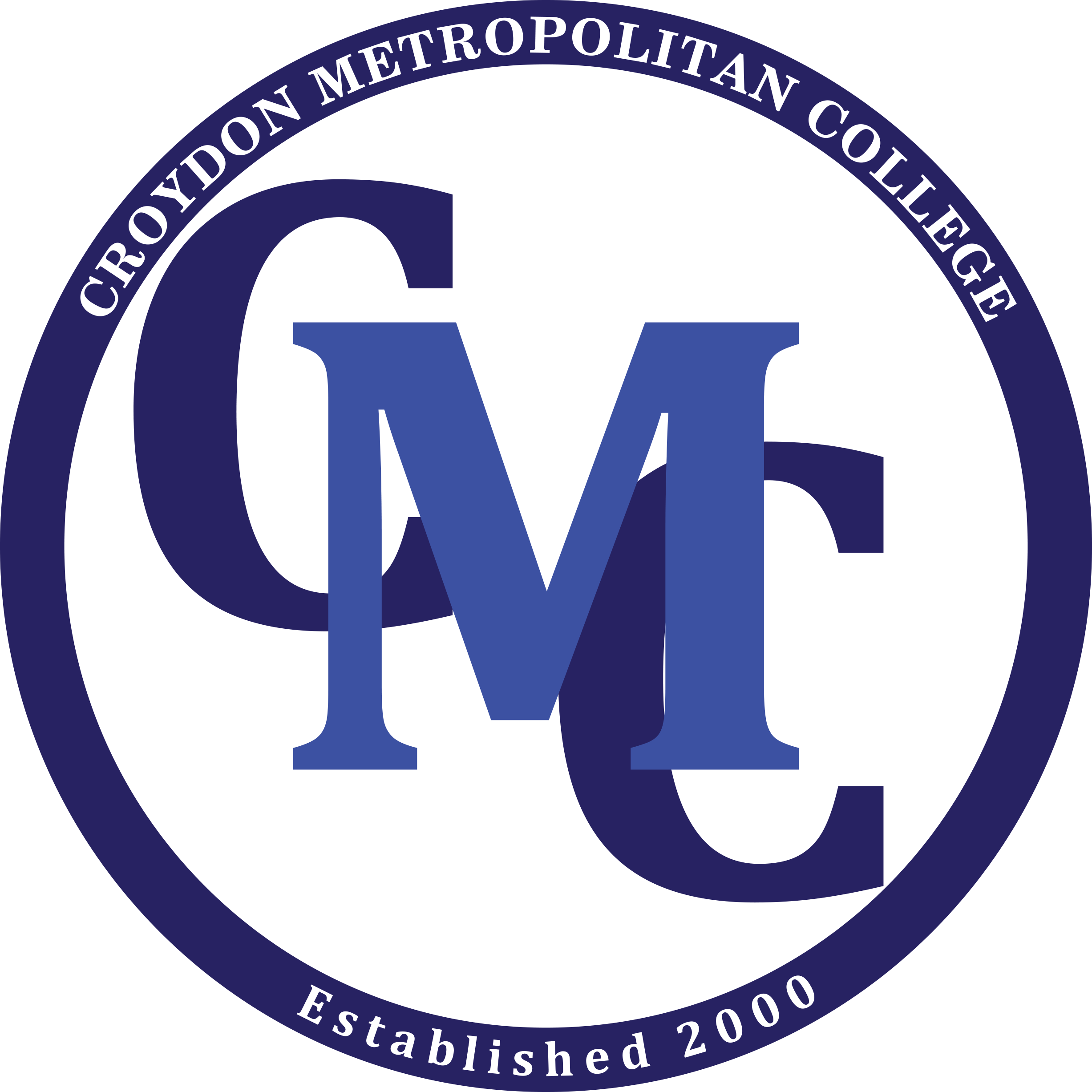SCIENCE DEPARTMENT

Biology is one of the most popular A Level subjects in the country, attracting students that study a variety of other subjects. Students will try and understand how animals and organisms (including humans) work, how we have evolved over the years and the things that can make us unwell as well as the things that can improve our health.
As with the other sciences, biology helps you to build up research, problem solving, organisation and analytical skills. If you study biology, you will likely find yourself working on group projects, which will help you build your teamwork and communication skills too.
COURSE CONTENT
Content is split into six teaching modules:
Module 1 – Development of practical skills in biology
Module 2 – Foundations in biology
Module 3 – Exchange and Transport
Module 4 – Biodiversity, evolution and disease
Module 5 – Communication, homeostasis and energy
Module 6 – Genetics, evolution and ecosystems
WHAT CAN YOU PROGRESS TO?
Biology is an excellent choice of subject for people who want a career in health and clinical professions, such as medicine, dentistry, veterinary science, physiotherapy, pharmacy, optometry, nursing, zoology, marine biology or forensic science.
HOW WILL YOU LEARN?
You will experience a variety of teaching methods and styles and laboratory work. Croydon Metropolitan College has a well-equipped laboratory for the study of biology, together with scheduled field trips designed to test biological theories and models. Classes employ a wide range of practical teaching and learning techniques.
HOW WILL YOU BE ASSESSED?
We follow the OCR exam board. The A Level qualification is a full time course achieved over a two year period. It is assessed by 3 written exams at the end of the second year:
Two written papers, both 2 hours and 15 minutes worth 37%
One written paper 1 hour 30 minutes worth 26%
The practical skills and techniques are assessed directly in the practical endorsement, using the common practical assessment criteria (CPAC). Students carry out 12 practicals throughout the two years of the A Level course and maintain their own records. Quality assurance of the practical endorsement is carried out by visiting monitors.
An A Level in Chemistry is highly regarded by Higher Education and can lead to many rewarding career paths. Chemistry is sometimes known as the “central science” because it helps connect the physical sciences, maths and physics, with applied sciences, biology, medicine and engineering.
By studying A Level chemistry you will develop your research, problem solving and analytical skills. It helps you challenge ideas and show how you worked things out through logic and step-by-step reasoning. Practical work is an important and essential aspect of the course.
COURSE CONTENT
Content is split into six teaching modules:
Module 1 – Development of practical skills in chemistry
Module 2 – Foundations in chemistry
Module 3 – Periodic table and energy
Module 4 – Core organic chemistry
Module 5 – Physical chemistry and transition elements
Module 6 – Organic chemistry
WHAT CAN YOU PROGRESS TO?
Most A Level chemistry students go on to university followed by a related career, whereas some students choose to go directly into industry or enter university later. With the right combination of subjects, this course will lead you to a career in science or medicine.
HOW WILL YOU LEARN?
You will experience a variety of teaching methods and styles and laboratory work. Croydon Metropolitan College has a well-equipped laboratory for the study of Chemistry. There are textbooks and website access specifically for this specification and classes employ a wide range of practical teaching and learning techniques.
HOW WILL YOU BE ASSESSED?
We follow the OCR exam board. The A Level qualification is a full time course achieved over a two year period. It is assessed by 3 written exams at the end of the second year:
Two written papers, both 2 hours and 15 minutes worth 37%
One written paper 1 hour 30 minutes worth 26%
The practical skills and techniques are assessed directly in the practical endorsement, using the common practical assessment criteria (CPAC). Students carry out 12 practicals throughout the two years of the A Level course and maintain their own records. Quality assurance of the practical endorsement is carried out by visiting monitors.

Physics is crucial to understanding the world around us and the world beyond us. Physics challenges our imaginations with concepts like relativity, and it leads to great discoveries, like computers and lasers, that lead to technologies which change our lives – from curing cancer, to developing sustainable energy solutions. It is the most basic and fundamental science. In this course you will discover the basic principles or laws which govern the natural world. The course develops quickly upon previous studies and builds students’ interest and enthusiasm for physics. Ideas from GCSE will be expanded upon using more rigorous mathematical methods.
COURSE CONTENT
Content is split into six teaching modules:
Module 1 – Development of practical skills in physics. Skills of planning, implementing, analysis and evaluation.
Module 2 – Foundations of physics. Physical quantities and units. Making measurements and analysing data. Nature of quantities.
Module 3 – Forces and motion. Motion. Forces in action. Work, energy and power. Materials. Newton’s laws of motion and momentum.
Module 4 – Electrons, waves and photons. Charge and current. Energy, power and resistance. Electrical circuits. Waves. Quantum physics.
Module 5 – Newtonian world and astro physics. Thermal physics. Circular motion. Oscillations. Gravitational fields. Astrophysics.
Module 6 – Particles and medical physics. Capacitors. Electric fields. Electromagnetism. Nuclear and particle physics. Medical imaging.
HOW WILL YOU LEARN?
You will experience a variety of teaching methods and styles and laboratory work. Croydon Metropolitan College has a well-equipped laboratory for the study of Physics. There are textbooks and website access specifically for this specification and classes employ a wide range of practical teaching and learning techniques.
HOW WILL YOU BE ASSESSED?
We follow the OCR exam board. The A Level qualification is a full time course achieved over a two year period. It is assessed by 3 written exams at the end of the second year:
Two written papers, both 2 hours and 15 minutes worth 37%
One written paper 1 hour 30 minutes worth 26%
The practical skills and techniques are assessed directly in the practical endorsement, using the common practical assessment criteria (CPAC). Students carry out 12 practicals throughout the two years of the A Level course and maintain their own records. Quality assurance of the practical endorsement is carried out by visiting monitors.
